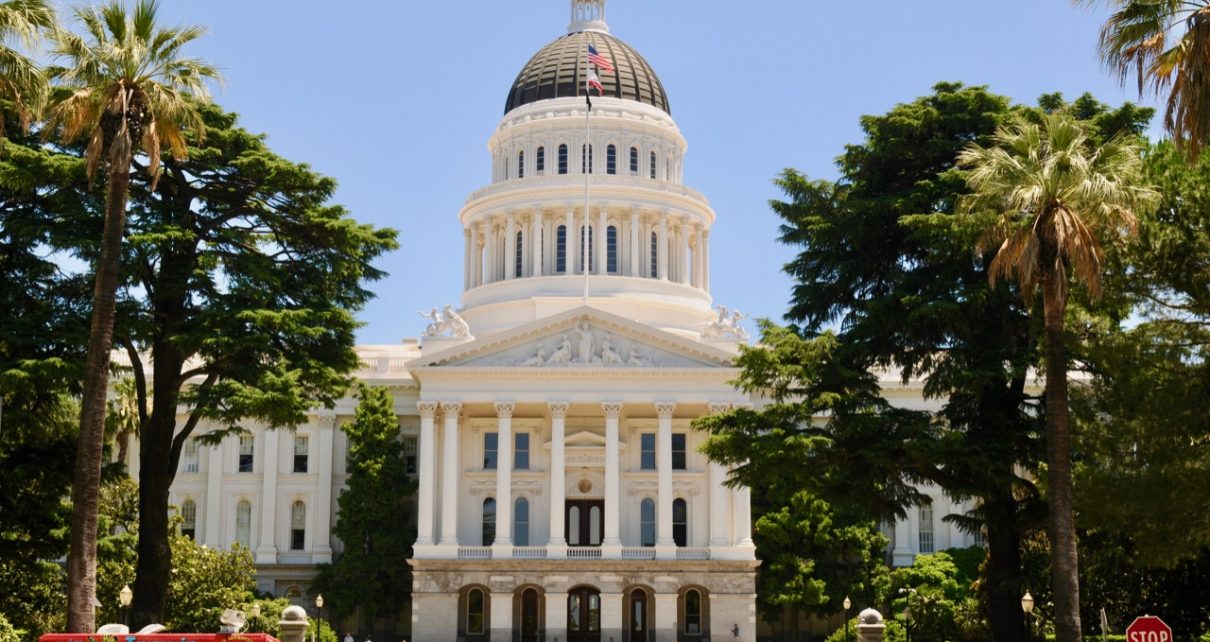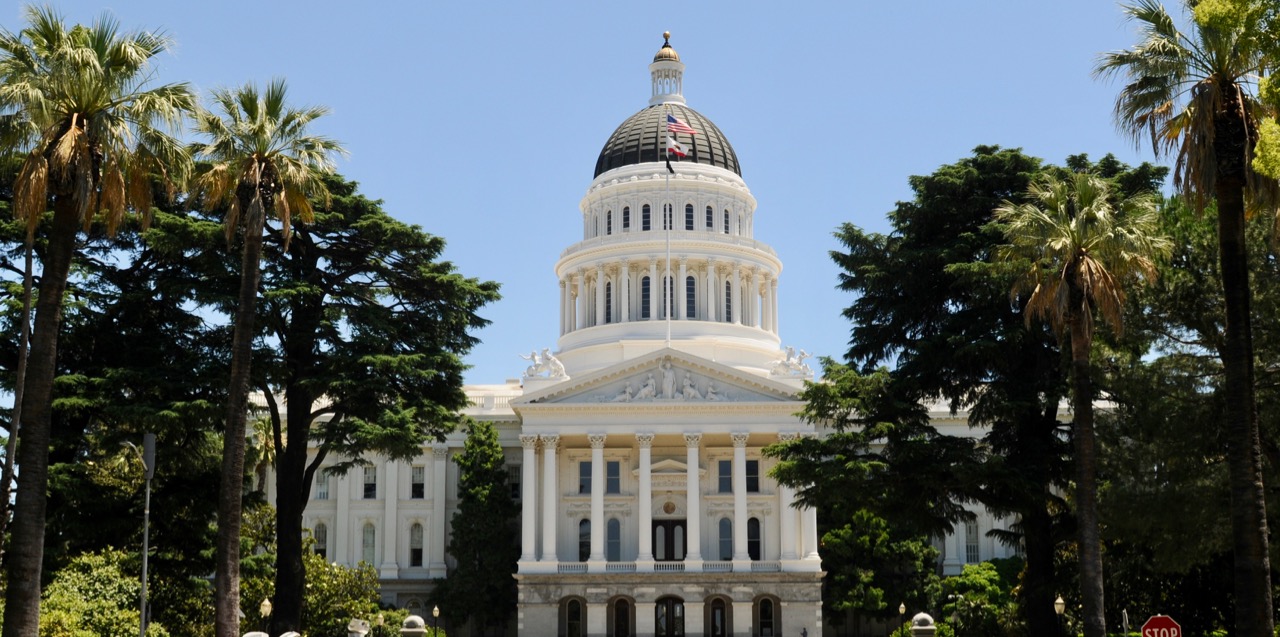
California State Capitol. (Photo: Kevin Sanders for California Globe)
Should the California Minimum Wage Continue to Rise in this Pandemic?
The one-year suspension must be made by proclamation issued by the governor
By Chris Micheli, May 26, 2020 2:13 am
Under existing state law, California’s minimum wage will rise to $15 per hour by January 1, 2022 (or 2023 depending on the size of the employer). Each year since 2017, the amount of the minimum wage rises by $1 pursuant to the provisions of SB 3 (Chapter 4, Statutes of 2016), which was authored by former Senator Mark Leno.
In addition to the phased increase in the minimum wage, Labor Code Section 1182.12 provides for two “off ramps” for the schedule wage increase to be paused for one year. Despite these provisions, the Governor chose in the May Budget Revise to not exercise either “off ramp” even though the Department of Finance acknowledges that the criteria have been met to justify a pause in the annual wage increase.
The May Budget Revise provides, “The forecast assumes that the minimum wage will continue to rise progressively by $1 each year until it reaches $15 an hour. Further, it assumes the minimum wage increases to $14 an hour for large employers and $13 an hour for small employers, with up to 25 employees, on January 1, 2021, despite meeting the criteria for job losses and sales tax revenue declines that would allow the minimum wage increases to be paused for a year.”
While the Legislature created a schedule for a phased increase in the minimum wage from $10.50 per hour to $15 per hour over 7 years, depending on the size of the employer and general economic conditions, the wage increase scheduled for January 1, 2021 will occur unless the Governor chooses to exercise either of the off ramps provided under existing law. These “off-ramps” specify that the Governor can temporarily suspend a scheduled increase to the minimum wage.
Labor Code Section 1182.12(d) provides for an Economic Conditions “Off-Ramp” and a Budget Deficit “Off-Ramp.” Subdivision (d)(1) is the economic conditions off-ramp as it specifies that each year prior to July 28, the Director of Finance must make a determination and certify to the Governor and the Legislature that specified economic conditions will support a minimum wage increase. Three conditions must be met dealing with total non-farm employment decreases and a reduction in retail sales and use tax receipts.
Labor Code Section 1182.12(d)(2) is the budget deficit off-ramp as it specifies that each year prior to July 28, a determination is made that the state General Fund fiscal condition can support the next scheduled minimum wage increase. Here the Director of Finance must make the determination and certify to the Governor and the Legislature whether the state General Fund would be in a deficit in the current fiscal year, or in either of the following two fiscal years.
Based upon these two provisions of existing law, if either off-ramp is met, then the Governor is granted permission to notify the Legislature of an initial determination to temporarily suspend the minimum wage increase scheduled for the following year. That notification must be made by August 1 of the preceding year pursuant to subdivision (d)(3). Thereafter, the Governor by September 1 must make a final determination whether to temporarily suspend the minimum wage increase scheduled for January 1 of the upcoming year.
The one-year suspension must be made by proclamation issued by the governor. The law precludes the governor from suspending the wage increase more than two times before it reaches $15 per hour. After the minimum wage reaches $15, the off-ramps are no longer available, even though the minimum wage will be subject to annual increases pursuant to the CPI.
Opponents of SB 3 argued that the “off-ramps” to suspend the scheduled minimum wage increases are discretionary and limited. They argued in 2016 that, in order to protect California’s economy, the law should have mandatory off-ramps when the job market or state revenue has declined, is stagnant, or is not increasing at the same rate as the proposed minimum wage increase. Obviously, those objections were rejected and the bill was enacted with off ramps as described above.
As would be expected, supporters of the minimum wage applauded the Governor’s action (or inaction in this case) in the May Budget Revise because the cost of living in California continues to rise and those adversely impacted by the pandemic need the promised increase in hourly income. Opponents argued that the criteria for both of the off-ramps have been met and, as a result, the Governor should rely upon one or both of them to suspend for one year the planned increase in the minimum wage that is scheduled to take effect on January 1, 2021.
- Commercial Fishing - February 26, 2026
- Are These Extra Words Needed in California Statutes? - February 25, 2026
- Attorneys-in-Fact in Probate - February 25, 2026





$25 / hour, that’s where it’s at! $2.00 MORE if you’re illegal, and $4.00 more if you’re ANYTHING BUT White, straight, male, citizen.